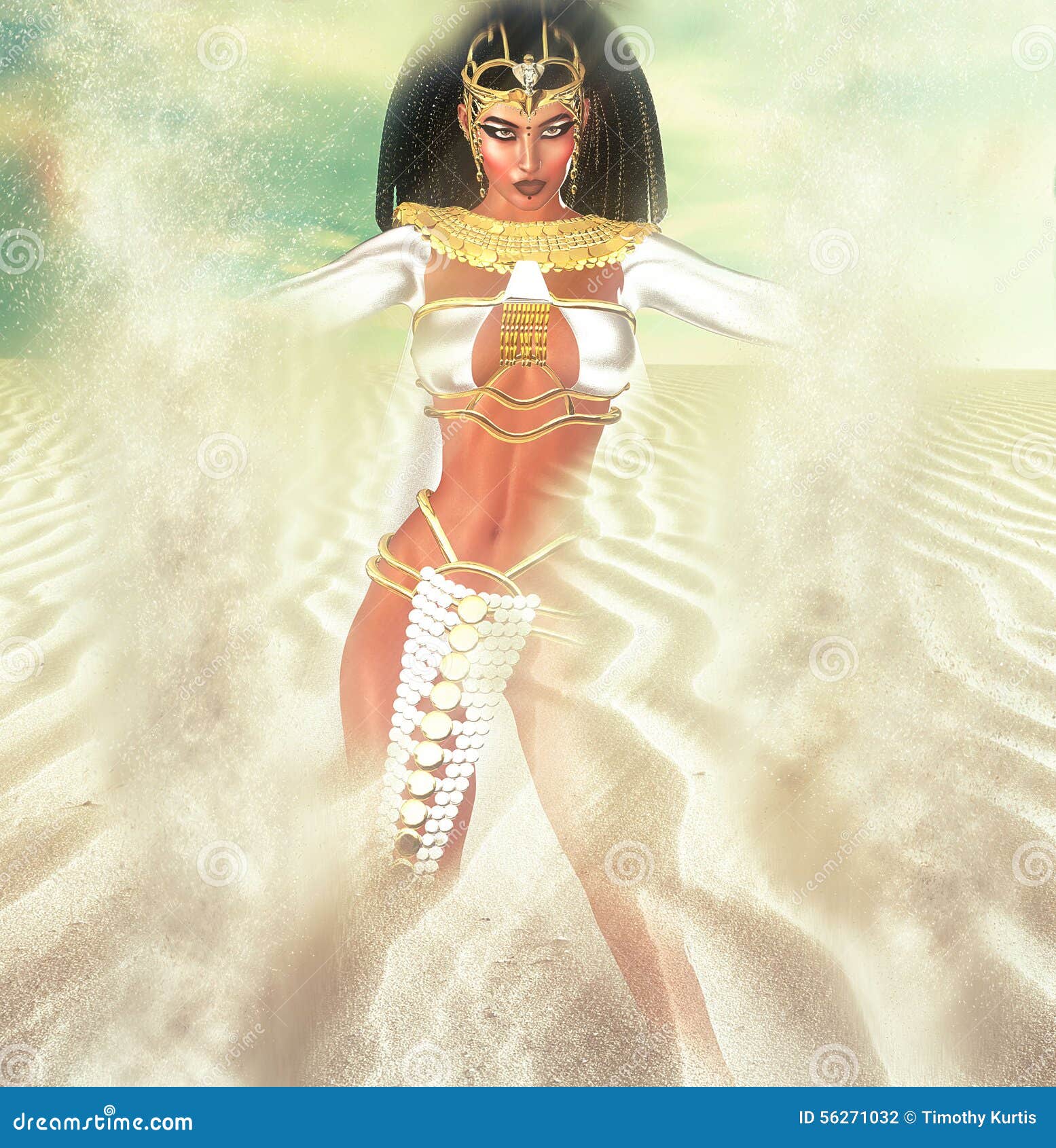

There are several versions of Chronos’ punishment after his death. In a cruel twist of fate, Chronos was impaled and cut up by Zeus with the same scythe he used to castrate his father, Ouranos. Ultimately, the gods emerged victorious after taking help from the Hecatonchires and the Cyclopes, who were still trapped in Tartarus. Hesiod’s Theogony is the only surviving poem about this war from the Classical Greek Age. The war marked the dethronement of Chronos and the end of an entire generation. Referred to as the Battle of the Titans or the Titan War, it took place in the region of Thessaly. Titanomachy is the term used for the decade-long war between titans and gods. Since Chronos himself was already defeated, his nephew Atlas commanded the Titan forces.


Zeus and his siblings waged war against the Titans with their newfound freedom. Hereon commenced the monumental war between the gods and the titans. As soon as Chronos took it, Zeus’ immortal siblings, who had survived in their father’s stomach for so long, were thrown up. Unbeknownst to the Titan god, Zeus was away living in a cave on the island of Crete.Įventually, as Zeus came of age, he approached his father as a stranger and offered him a drink.

When her youngest son Zeus was born, she swaddled a rock like a baby and took it to Chronos, who ate it happily. Therefore, he devoured each one of his children at birth to nip the problem at the bud.įortunately, Rhea decided she had had enough of Chronos eating all her children. Drunk with power, our Greek god of time was not ready to part with his throne. If Gaia’s prophecy came true, it would have stripped Chronos of his title as the Titan king. Although Chronos did not heed the warning, the curse kept eating away at his mind. As a result, Gaia was rightfully upset, warning him of the consequences. When Gaia asked Chronos to release his brothers, the Hecatonchires and Cyclops, he vehemently refused. They had six children together: Demeter, Hestia, Hades, Poseidon, Hera, and Zeus. Have you read about the adventures of the goddess of fertility, Aphrodite? Chronos and His FamilyĬhronos started a family of his own by marrying his sister Rhea. What’s more, Chronos became the Titan king of gods.ĭid You Know: One of the deities born from Ouranos’ blood touching the seas was the Olympian goddess with the highest record of lovers amongst all the gods. Further, the act became the reason for the separation of heaven and earth. The blood that spewed from Ouranos’ severed genitals gave birth to several sets of children. Thus, with the scythe presented to him, Chronos castrated his father while he was about to have intercourse with Gaia. With her children locked up, an upset Gaia had no choice but to ask Chronos to kill his father. Ouranos had imprisoned his children, the Hecatonchires (the hundred-handed ones) and the Cyclops. His life has been one vicious cycle of karmic justice.Ĭhronos was the last-born child to Gaia and Ouranos, the primordial gods of earth and sky. Chronos: Origin StoryĬhronos, the Greek god of time, is arguably one of the most disputed characters in Greek mythology. Interestingly, different interpretations of the ancient myths yield minute differences in character that confuse society. The heads are of a man, a bull, and a lion. However, in certain depictions, he is considered to have the shape of a three-headed serpent. The personification appears as a wise old man with white hair, beard, and wrinkles littered across his face. In Greek mythology, time is ruthless and all-devouring. We often complain of it slipping away, yet it always comes back. Our lives have been inextricably entwined with time ever since we were aware of it.


 0 kommentar(er)
0 kommentar(er)
